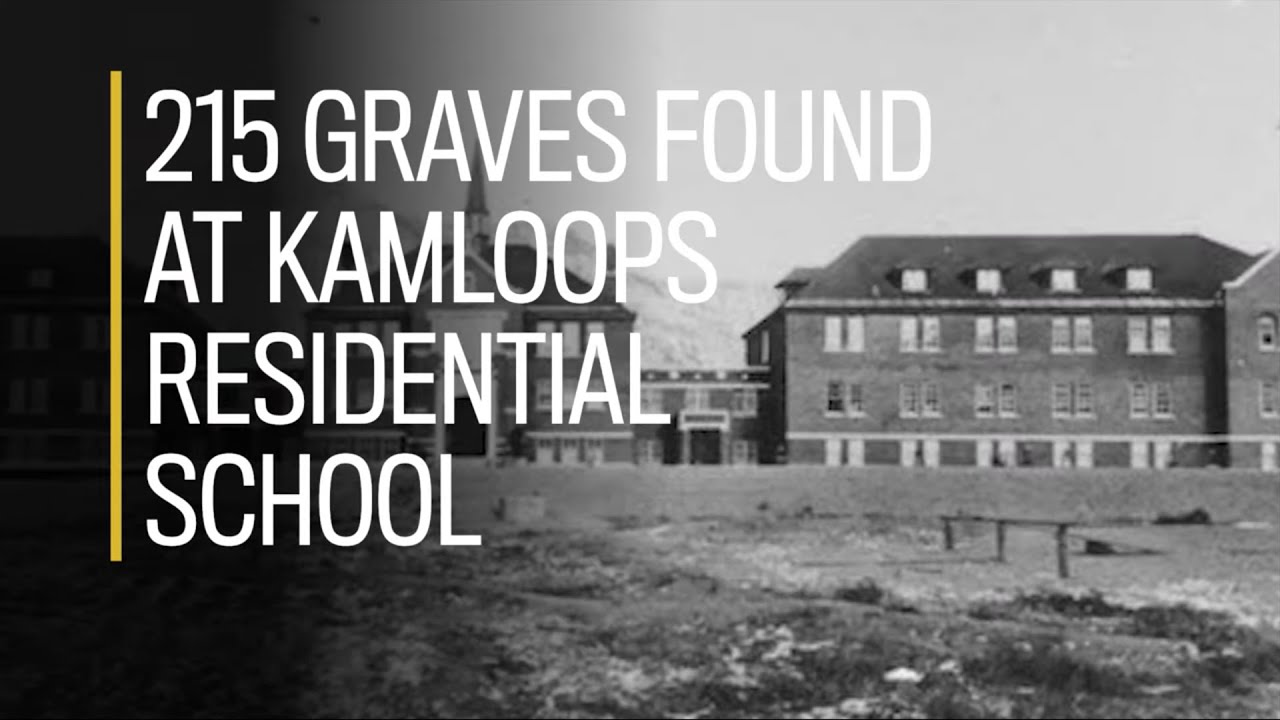"LORD, I WANT TO SEE."
A PRAYER IN RESPONSE TO THE DISCOVERY OF MASS GRAVES.
A pastor friend once read to me the story of Jesus restoring the sight of a blind beggar, in which Jesus asks the blind man, “What do you want me to do for you?” and the man replies “Lord, I want to see!” (Luke 18:35-43) She then asked me, “If Jesus were to ask you what you want him to do for you, what would you say?”
I was floored by the question. I’m not sure anyone had ever asked me that before. I think I had grown up believing that our human desires come out of our corrupt human nature and are, by definition, contrary to the will of God. This meant that we should spend a good portion of our lives overcoming those desires so that we could focus entirely on what God desired.
But what if God actually wants to know what we want? I mean, there’s wanting and there’s wanting. Some of the things we want (like a flashy new car to one-up our neighbour’s Hummer) might be a bit selfish and hedonistic. But some of the things we want (like wanting to be loved) come out of the wellspring of our souls. I think this is the part of us that the Psalmist speaks of when he says, “Delight yourself in the Lord, and he will give you the desires of your heart” (Ps 37:4). The desire of the blind man’s heart was to see.
A PRAYER IN RESPONSE TO THE DISCOVERY OF MASS GRAVES.
A pastor friend once read to me the story of Jesus restoring the sight of a blind beggar, in which Jesus asks the blind man, “What do you want me to do for you?” and the man replies “Lord, I want to see!” (Luke 18:35-43) She then asked me, “If Jesus were to ask you what you want him to do for you, what would you say?”
I was floored by the question. I’m not sure anyone had ever asked me that before. I think I had grown up believing that our human desires come out of our corrupt human nature and are, by definition, contrary to the will of God. This meant that we should spend a good portion of our lives overcoming those desires so that we could focus entirely on what God desired.
But what if God actually wants to know what we want? I mean, there’s wanting and there’s wanting. Some of the things we want (like a flashy new car to one-up our neighbour’s Hummer) might be a bit selfish and hedonistic. But some of the things we want (like wanting to be loved) come out of the wellspring of our souls. I think this is the part of us that the Psalmist speaks of when he says, “Delight yourself in the Lord, and he will give you the desires of your heart” (Ps 37:4). The desire of the blind man’s heart was to see.
|
I thought about that story of the blind man again recently when news came that the remains of 215 children had been found in a mass grave at a residential school in B.C. And again, when more graves were found in Saskatchewan. This time my memory of the bible story focused less on the question and more on the answer: “Lord, I want to see!”
|
I think when we’re confronted by massive injustice, historic atrocities, or longstanding inequalities, we often just don’t know what to do. For those of us who have experienced some form of privilege, we may also feel defensive (“I didn’t do that thing! Why should I make reparation for it??”). It’s difficult to see how our participation in unjust systems (it’s just the water we swim in) still makes us complicit. I mean, really difficult. Especially if we weren’t the original perpetrators, or hadn’t known that such things were happening.
But they did happen, and they are still happening. And we do swim in that water. So, what do we do?
I wonder if the starting point is having the humility to say, “Lord, I want to see.” Sometimes the perpetuation of systemic injustice is based in the problem that we just don’t know what we don’t know. I mean, we have blind spots. It’s only natural. We’re human, after all, and our experiences are limited. Maybe there’s something harmful going on here that our upbringing, our experience, our biases, or our blind spots have stopped us from seeing and understanding. And maybe we have even accidentally participated in it.
I wonder if the response of the church to children's bodies discovered in a mass grave, is not first to act. I know we want to, and we’ll get there. But I wonder if our first job is to fall to our knees and pray, “Lord, I want to see. Open my eyes. Help me understand.” I do believe God would answer that prayer. If we have but the courage to pray it.
But they did happen, and they are still happening. And we do swim in that water. So, what do we do?
I wonder if the starting point is having the humility to say, “Lord, I want to see.” Sometimes the perpetuation of systemic injustice is based in the problem that we just don’t know what we don’t know. I mean, we have blind spots. It’s only natural. We’re human, after all, and our experiences are limited. Maybe there’s something harmful going on here that our upbringing, our experience, our biases, or our blind spots have stopped us from seeing and understanding. And maybe we have even accidentally participated in it.
I wonder if the response of the church to children's bodies discovered in a mass grave, is not first to act. I know we want to, and we’ll get there. But I wonder if our first job is to fall to our knees and pray, “Lord, I want to see. Open my eyes. Help me understand.” I do believe God would answer that prayer. If we have but the courage to pray it.

